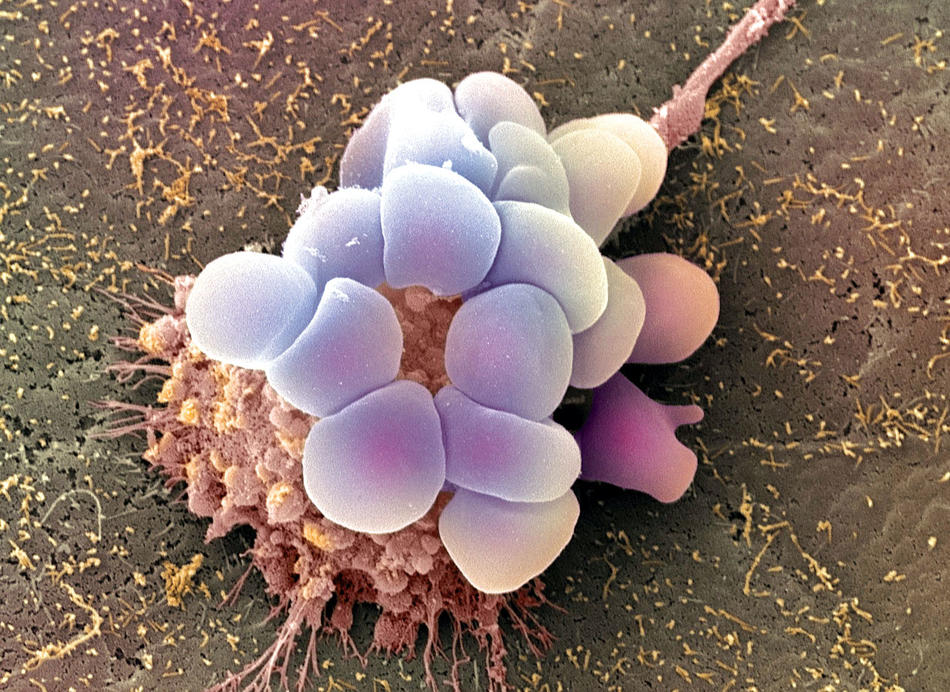Women with ovarian cancer commonly are told by doctors that they face a terrible choice: have their ovaries and their uterus removed or face an increased risk of the cancer returning.
New research by Columbia scientists suggests that this might be unnecessary for women in the early stages of the disease. A study of more than 4000 women, age 50 and under, with stage 1 cancer confined to a single ovary, found that women who had only their cancerous ovary removed and kept their uterus had a five-year survival rate similar to women who had both ovaries removed and underwent a hysterectomy.
“This represents the largest study of ovary- and uterine-conserving surgery for early-stage ovarian cancer,” says lead author Jason Wright, the Levine Family Assistant Professor of Women’s Health at Columbia’s College of Physicians and Surgeons.
The study analyzed data from women diagnosed with ovarian cancer between 1988 and 2004. In one analysis, researchers studied 1286 patients with ovarian cancer and found that 64 percent of the patients had both of their ovaries removed. A second analysis of 2911 patients focused specifically on uterine preservation, finding that 77 percent had a hysterectomy.
The fact that these aggressive surgeries did not improve five-year survival rates suggests that “for young women with early-stage ovarian cancer, fertility-conserving surgery may be a reasonable alternative,” says Wright. “It is important for women to discuss the risks and benefits of fertility-preserving procedures with their physicians."
The removal of both ovaries and the uterus, in addition to making women infertile, can cause health complications related to estrogen deprivation, the researchers point out.
Other Columbia authors included Monji Shah, William M. Burke, Peter B. Schiff, and Thomas J. Herzog. The study appeared in the September 15, 2009, issue of the journal Cancer.



